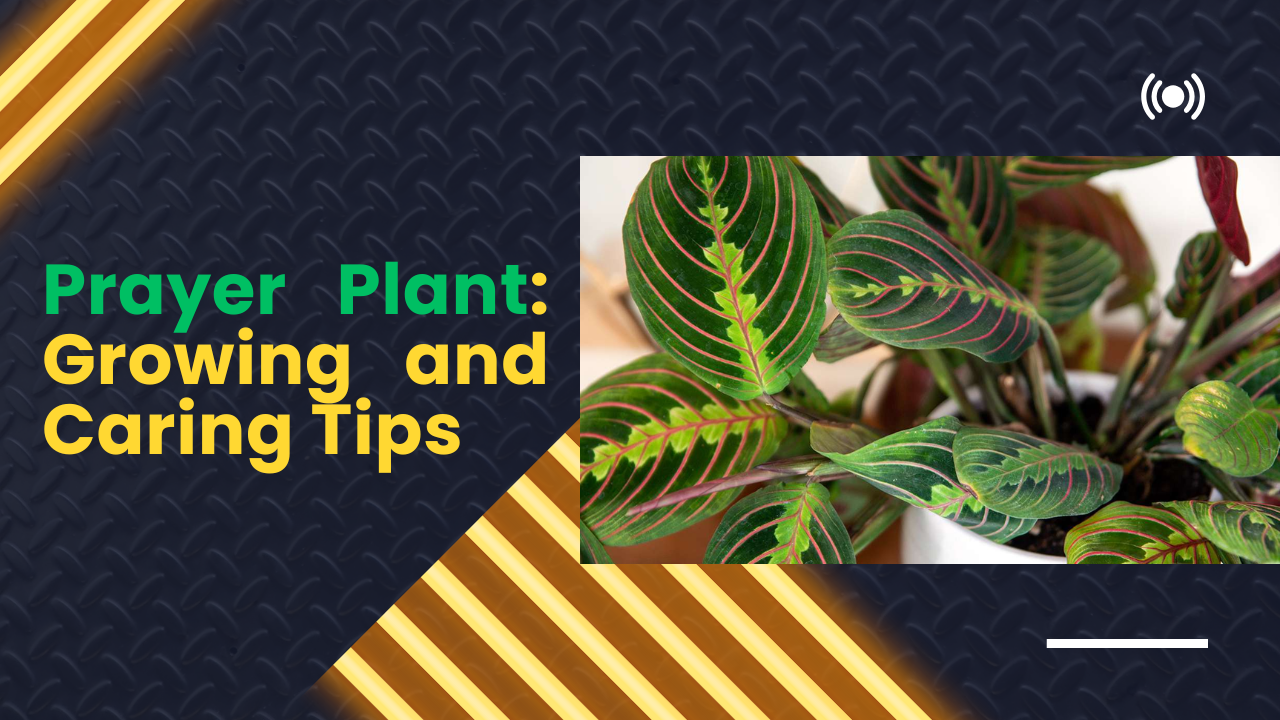Prayer plants have been the long-time favorite of flower lovers and plating it can be relatively easy attracting them to plant these flowers in their home garden. Featured with unique foliage painted-like veins, prayer plants Fold up at night and unfold during the day captivating gardening enthusiasts. This unique foliage look makes it perfect for window sills and shelves that need to be beautified. The plant is named Prayer Plant due to its unique characteristics of folding leaves in the evening in a way just like hand folded in prayers.
If you are a flower lover and wish to know about Prayer Plant, you are at the right place. We will delve deeper into it with this post.
Introduction to Prayer Plant
Native to South America, the Prayer plant is a member of the Marantaceae family which falls under low maintenance plant and is best known for its flat leaves. The leaves of the plant are designed like painted veins in the body and appear like hands folded in a prayer position when folded in the evening. It can be grown in households over the years.
Prayer Plant: An Overview
| Genus Name | Maranta leuconeura |
| Common Name | Prayer plant |
| Plant Type | Houseplant, Perennial |
| Light | Part Sun |
| Height | 6 to 18 inches |
| Width | 6 to 24 inches |
| Flower Color | Purple, White |
| Foliage Color | Blue/Green, Chartreuse/Gold, Purple/Burgundy |
| Zones | 10, 11 |
| Propagation | Stem Cuttings |
Where to Grow Praying Plants
However, the Prayer plant is a low-maintenance plant, it grows best in bright, indirect light in hot and humid environments making it an excellent place to plant in a kitchen or bathroom. Don’t place the plants near heaters, air conditioners, fans, and drafty windows.
You can plant Prayer Plant in your house in a big pot during their active growing season in spring or early summer. To dig deeper into it, you must visit the Yourhomify.com website once.


